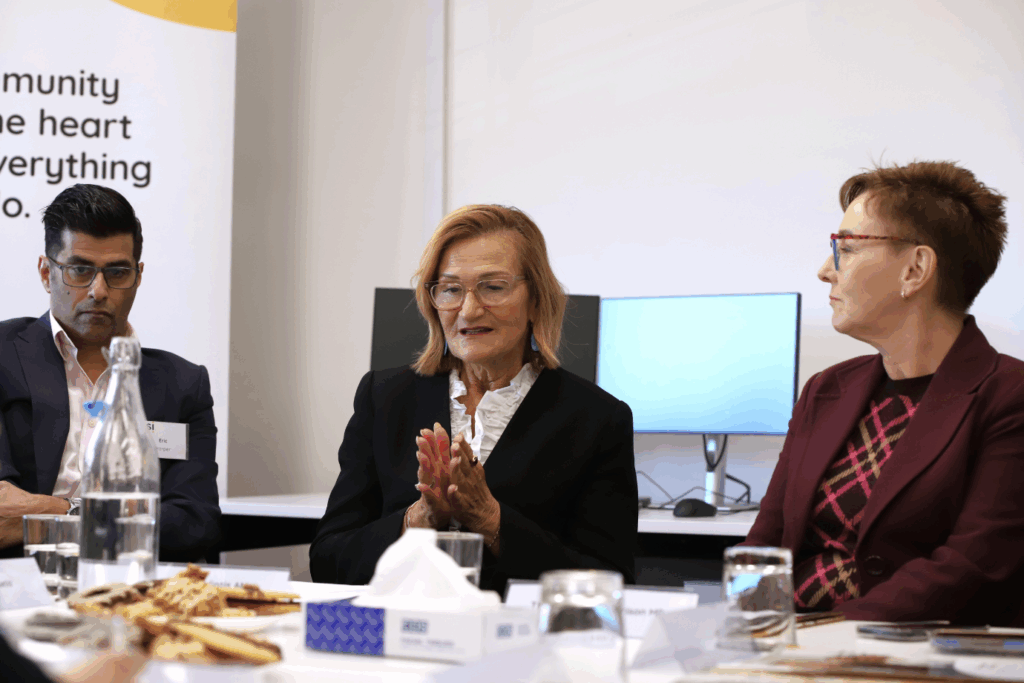While all eyes are on the Middle East amid conflict between regional players like Iran and Israel, burgeoning humanitarian crises are flying under the radar. Thanks to local diaspora communities, we are learning more about exactly what is taking place and how we can support from afar.
Some of the hardest hit are Afghan refugees in Iran. A recent emergency briefing from the Asia Pacific Network of Refugees (APNOR) highlights the internal impact of June’s hostilities with Israel.
Afghan refugees – now numbering over four million – have faced mass detention, discrimination, and even forced conscription into the military, according to APNOR sources on the ground. Refugees are losing access to basic services, while also facing increased targeting by authorities and street-level hostility as resource scarcity spikes.
These are not new patterns — but the silence surrounding them is deepening. As APNOR says, “despite the clear and present danger, the international response remains muted”.
Another example is the massacres perpetrated against Syria’s Alawite population in March. While our focus is on the growing regional conflict, we are overlooking the plight of ethnic and religious minorities across the Middle East, who are increasingly vulnerable in times of instability.
Their stories rarely penetrate international attention spans unless they are accompanied by graphic horror or mass tragedy, like we saw with the atrocities ISIS perpetuated against the Ezidis in 2014.
A decade on, more than 200,000 Ezidi are still displaced within Iraq, with efforts to return to the ancestral region of Sinjar further delayed by a collapse in international aid earlier this year.
Community and refugee led responses
Resettlement is not reserved for the loudest cries. Still, how do we affect change from half way across the world?
At SSI, we believe in the power of refugee-led and community driven responses. We have long championed the idea that the people most affected by these issues must be at the centre of solutions. Reports like that produced by APNOR reaffirm what we already know: that locally-led, culturally competent responses are not only effective — they are essential.
This also resonated with me after reading about some of the great work the Ballarat Afghan Action Group (BAAG) has accomplished since the fall of Kabul in 2021. Initially established as a way to help Ballarat’s Hazara community get their families to safety, BAAG now advocates and fundraises for emergency projects delivered by local partners in Afghanistan.
Since 2021, the Ballarat regional community has contributed over $100,000 for crisis food aid and education in Afghanistan.
Concrete actions to support refugees
Community goodwill is a great starting point, but real change requires broader collaboration.
APNOR is calling on the Australian government to urgently lead a targeted humanitarian evacuation and resettlement pathway for at-risk Afghan refugees in Iran before the situation deteriorates further.
There is, however, no silver bullet to address wider regional instability and its effects on at-risk communities.
As SSI outlined in our recent statement on the UNHCR Global Trends report, international collaboration around refugee rights is one concrete step we can take towards addressing record global displacement levels.
We’ve called on Australia to strengthen its humanitarian intake quotas, lead by example, and focus on strengthening community-led sponsorship and supporting safe, complementary pathways for refugees. Even during times of conflict or diplomatic tension, humanitarian principles are not optional. We can’t claim to stand for justice if we turn away from stories that don’t make the front page.


